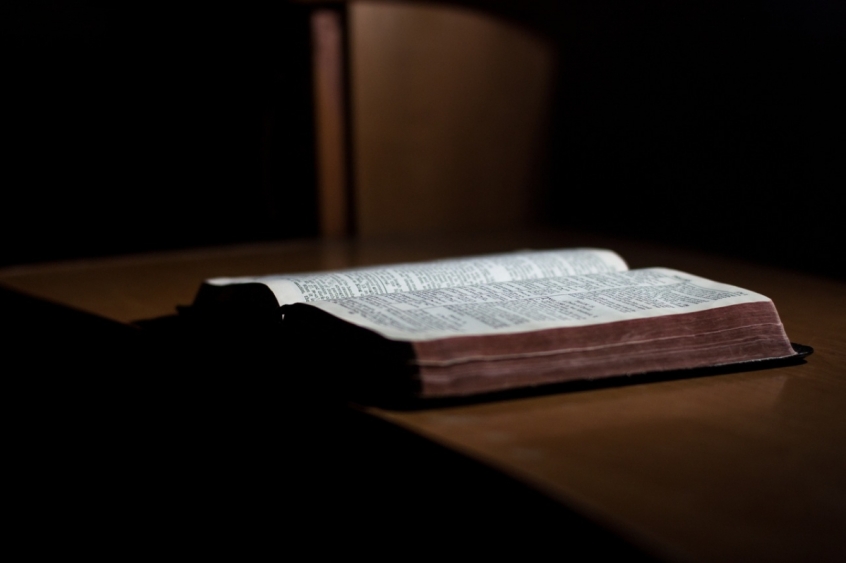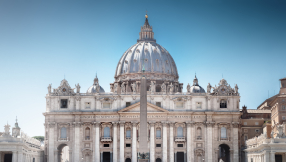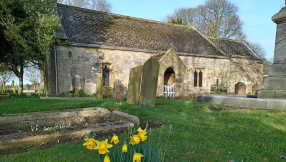Selah bisects the Psalms 71 times.
With another three occurrences in Habakkuk, it appears as many times as the phrase "fear not".
But no one really knows what it means. Most translations leave it untranslated or just remove it altogether.

The Merriam Webster dictionary has a particularly unhelpful definition: "A term of uncertain meaning found in the Hebrew text of the Psalms and Habakkuk carried over untranslated into some English versions."
But it was deliberately inserted by the first authors and scribes and so surely an effort should be made to understand it.
A broad consensus considers it to be some sort of musical direction for when the Psalms as poetry were originally put to music.
The authoritative Greek translation of the Hebrew Bible, the Septuagint, translates it as "daplasma" which means "a division" or "apart from the Psalm". Hippolytus of Rome, an early Church scholar, thought the term meant a change in rhythm or melody.
Other possible Hebrew renditions of the word is "salah" which means "to pause". This has led to the belief that it's a musical term indicating a rest for musicians or an instruction to worshippers to stop and consider the Lord they are worshipping.
Another idea is it is rendered from two separate Hebrew words, "s_elah" which means "to praise" and "s_lal" which means "to lift up". Combined together this would give a more specific instruction to both musicians and the congregation "to pause and praise" outside the formal structure of the Psalm.
The translation "to lift up" has led to other scholars speculating it may have been a musical direction equivalent to "fortissimo" or "loud". This could have meant as a signal to blast on trumpets or crash symbals in celebration while singers paused.
One final possibility is it means "forever" or "eternal" – again signifying the manner of worship or praise.
The term has also been borrowed by various writers and movements since Old Testament times with little or no clarity as to what they mean.
Gonzo journalist Hunter S Thompson used frequently to end his articles with "selah".
Rastafarians also use the term and it can heard at the end of some reggae songs to add authority to what has been said.













